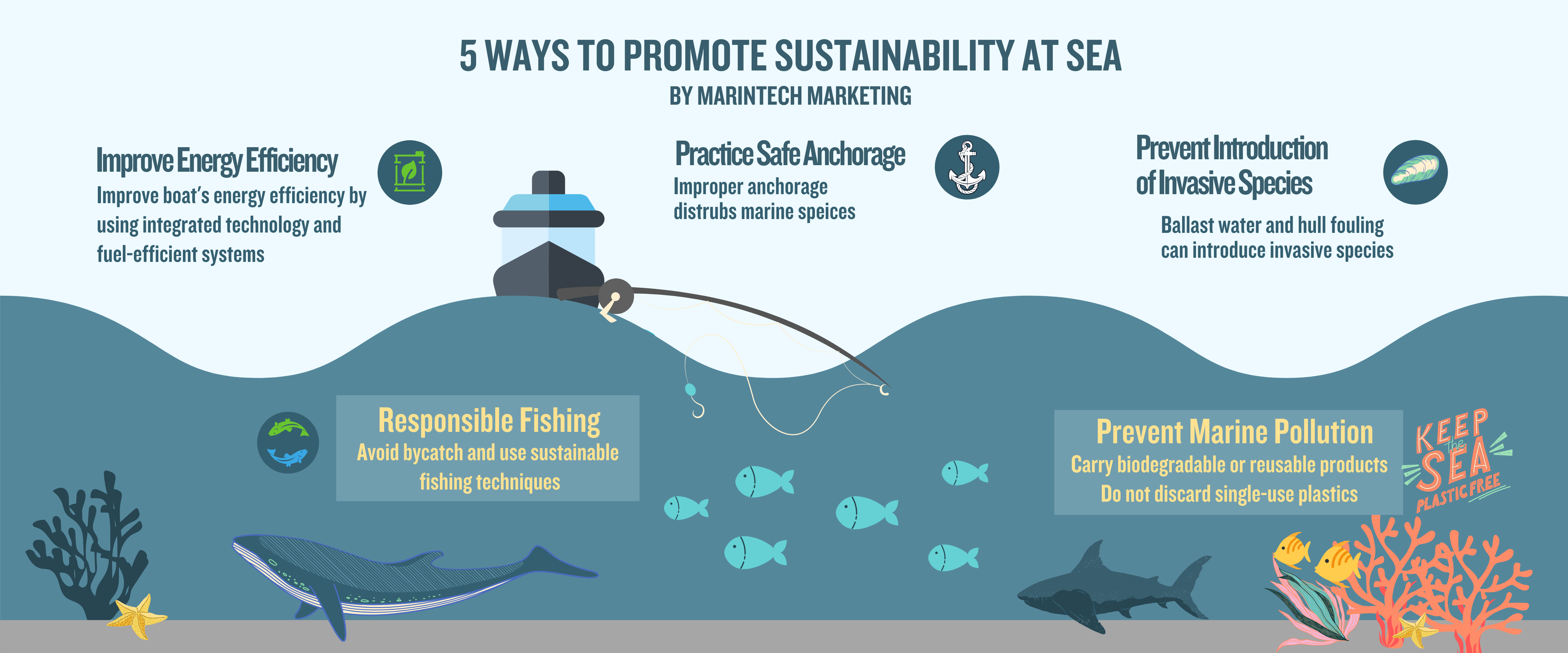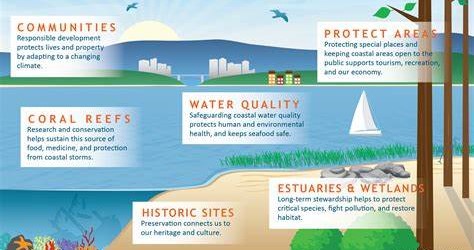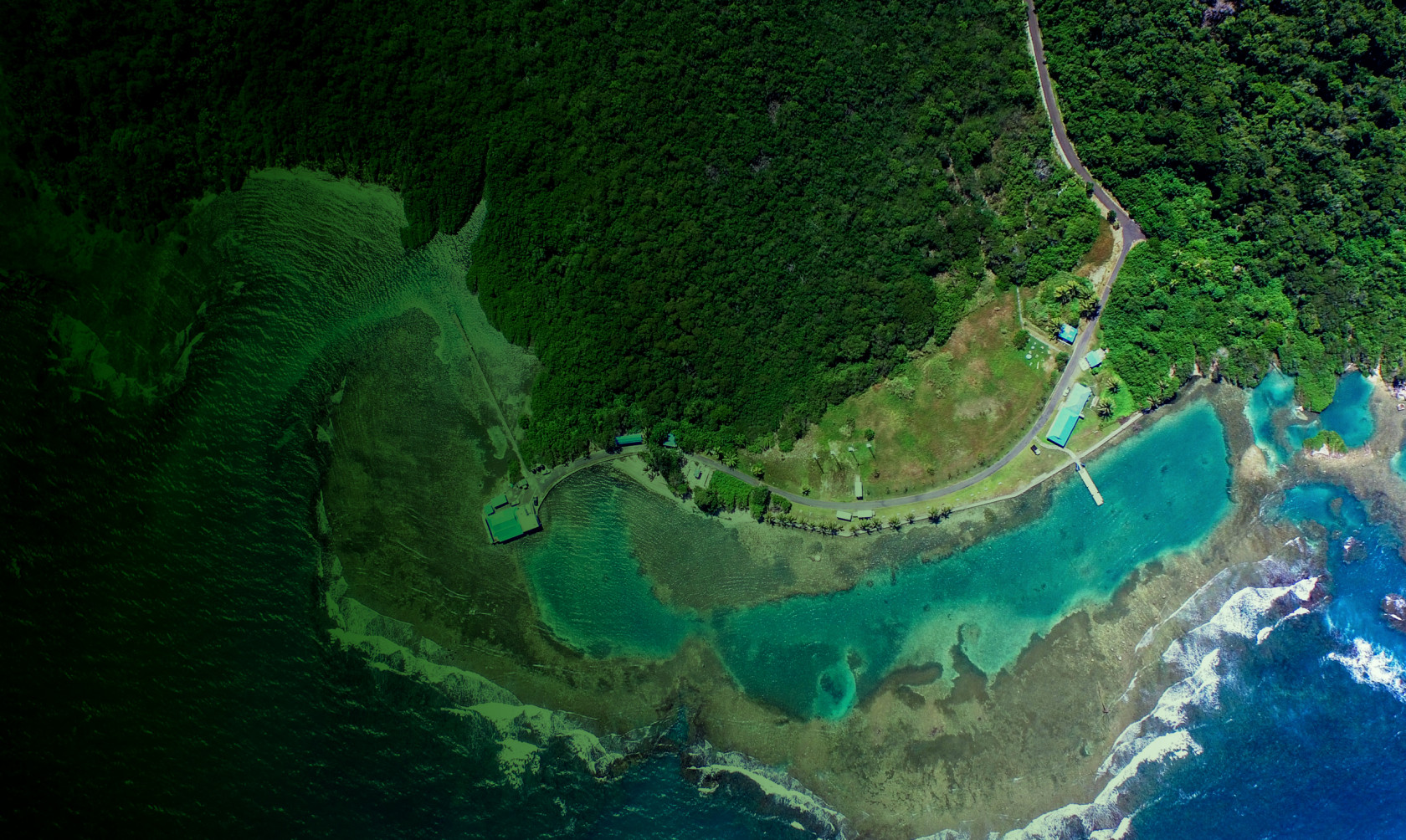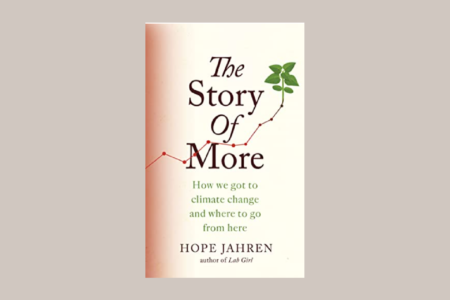
Introduction
Coastal development is a topic of utmost importance in today’s world. With the increasing threats of climate change and the degradation of coastal ecosystems, understanding and implementing sustainable practices is crucial for the well-being of our planet. This article aims to explore the relevance and significance of sustainable coastal development and shed light on its key concepts and principles.
Historical Background
Coastal development has a long history, and its impact on ecosystems and communities cannot be ignored. Over the years, rapid urbanization and industrialization along coastlines have resulted in the destruction of natural habitats, pollution, and the loss of biodiversity. However, in recent decades, there has been a shift towards sustainable practices in coastal development. Awareness about the importance of preserving coastal ecosystems and the need for long-term resilience has led to the evolution of sustainable approaches.

Key Concepts and Definitions
Sustainable coastal development can be defined as a holistic approach that integrates environmental, social, and economic considerations in the planning and management of coastal areas. It emphasizes the importance of maintaining the health and functionality of coastal ecosystems while promoting socio-economic well-being. To understand this concept better, it is essential to familiarize ourselves with key terms such as ecosystem services, resilience, and adaptive management. Ecosystem services refer to the benefits that humans derive from healthy ecosystems, including the provision of clean water, storm protection, and recreational opportunities. Resilience, on the other hand, refers to the ability of coastal ecosystems and communities to withstand and recover from disturbances such as storms and sea-level rise. Adaptive management involves a flexible and iterative approach to decision-making, allowing for adjustments based on new information and changing circumstances.
Main Discussion Points
Importance of ecosystem-based approaches in coastal development
Incorporating ecosystem services in planning and decision-making processes is essential for sustainable coastal development. By recognizing the value of coastal habitats, we can better understand their role in providing natural coastal defenses, buffering against storms, and supporting diverse marine life. Protecting and restoring these habitats can also contribute to climate change mitigation. Furthermore, sustainable resource management and conservation practices are vital for maintaining the long-term health and productivity of coastal ecosystems.
Strategies for sustainable coastal development
Integrated Coastal Zone Management (ICZM) is a guiding principle in sustainable coastal development. ICZM emphasizes the integration of various sectors and stakeholders in coastal planning and management, ensuring a holistic and coordinated approach. Another strategy gaining prominence is the use of green infrastructure and nature-based solutions. These approaches involve the use of natural elements such as dunes, wetlands, and oyster reefs to provide ecosystem services and enhance coastal resilience. Additionally, stakeholder engagement and participatory planning are crucial for the success of sustainable coastal development projects.
Socio-economic considerations in sustainable coastal development
Finding the right balance between economic development and environmental conservation is a key challenge in sustainable coastal development. Sustainable tourism can play a vital role in supporting local economies while minimizing negative impacts on coastal ecosystems. By promoting responsible tourism practices, coastal areas can thrive economically without compromising their natural heritage. However, it is important to address social implications and equity issues that may arise from coastal development. Ensuring that the benefits of development are shared equitably among all stakeholders is crucial for maintaining social harmony and well-being.

Case Studies or Examples
There are numerous successful examples of sustainable coastal development projects from around the world. One such example is the Great Barrier Reef Marine Park in Australia, which employs ecosystem-based approaches to protect and manage the world’s largest coral reef ecosystem. The use of zoning, strict regulations, and stakeholder involvement has contributed to the long-term conservation of this unique and fragile ecosystem. Another example is the integrated management of the Wadden Sea in Europe, where cooperation between multiple countries has resulted in the preservation of this UNESCO World Heritage site and its rich biodiversity.
Current Trends or Developments
Recent trends in sustainable coastal development practices include the integration of new technologies and innovative approaches. Remote sensing and Geographic Information Systems (GIS) allow for better monitoring and analysis of coastal processes, aiding in decision-making and planning. Furthermore, the development of sustainable coastal infrastructure, such as green buildings and renewable energy installations, is gaining momentum. These developments reduce the environmental footprint and contribute to the overall sustainability of coastal areas.
Challenges or Controversies
Implementing sustainable coastal development faces several challenges and controversies. Lack of political will, inadequate funding, and limited institutional capacity are common barriers to effective implementation. Conflicting interests and differing viewpoints among stakeholders also pose challenges. Resolving these controversies requires open dialogue, collaboration, and a shared vision for the future of coastal areas.

Future Outlook
The future of sustainable coastal development holds both challenges and opportunities. As climate change accelerates, the need for resilient coastal communities and ecosystems becomes more pressing. It is essential to integrate climate change adaptation strategies into coastal planning. Moreover, emerging issues such as sea-level rise, ocean acidification, and coastal erosion require innovative solutions and adaptive management approaches. By embracing new technologies, engaging stakeholders, and fostering international cooperation, we can create a brighter and more sustainable future for our shores.
Conclusion
Sustainable coastal development is not just a choice; it is a necessity for the environmental and socio-economic well-being of our planet. By incorporating ecosystem-based approaches, implementing sustainable strategies, and considering socio-economic factors, we can safeguard our coastlines for future generations. The challenges ahead are significant, but with concerted efforts, innovative solutions, and a shared commitment, we can create a brighter and more sustainable future for our shores.




